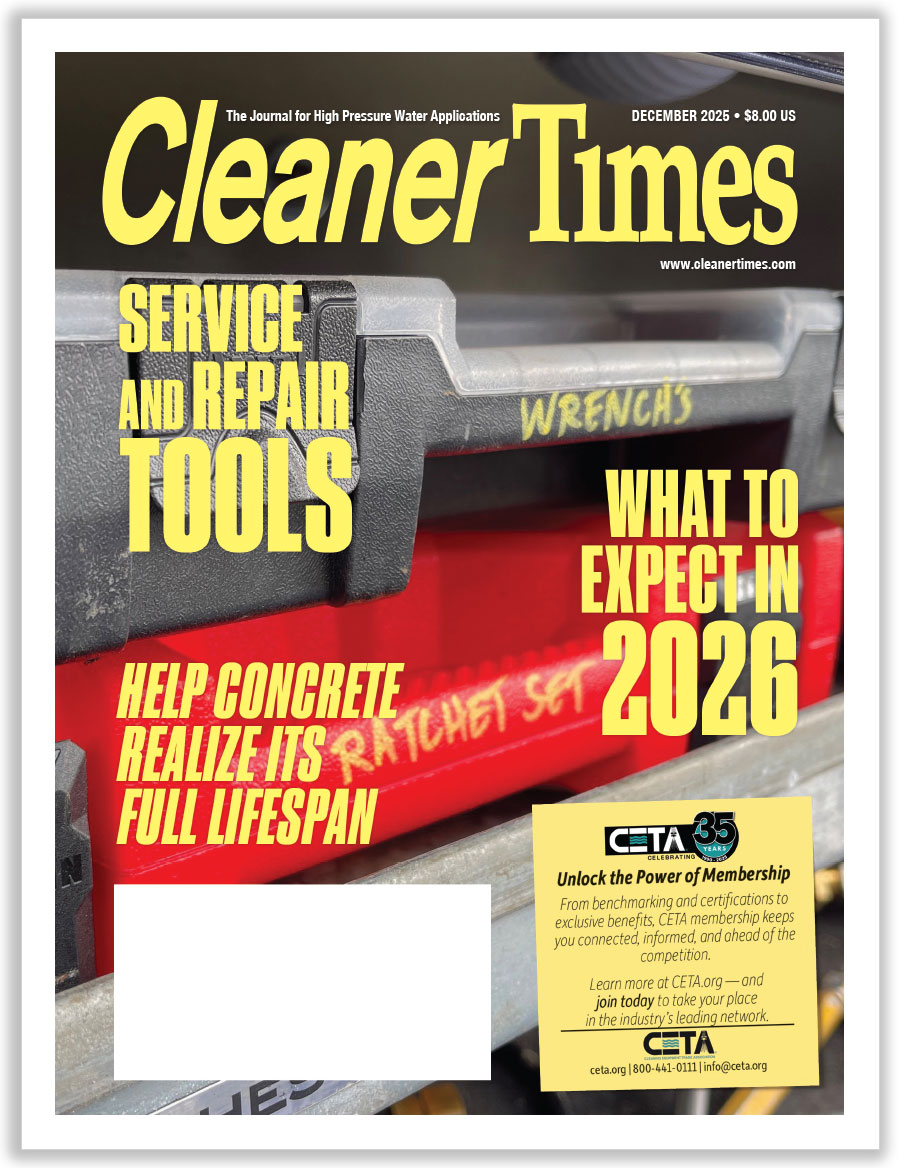
Where Is Technology Taking Us?
by Gary Weidner, Editor / Published April 2014

Technology is changing so fast, it’s hard for us old fogies to keep up. I just got a gizmo that looks like a thumb drive and plugs into the TV. It lets me use my phone to play a movie on the TV, yet at the same time, I can use the phone for other things or even turn it off.
But the onrush of technology also has a downside. For example, it seems to both assist and overwhelm the people in our healthcare system. Overwhelming a healthcare worker can have serious consequences.
Perhaps you’ve heard a number that’s been floating around for some while—that in the U.S., about 98,000 people die each year due to medical mistakes. That comes from a 1984 study. A new study in the September 2013, Journal of Patient Safety reports, “…a lower limit of 210,000 deaths per year was associated with preventable harm in hospitals.” And, “…the true number of premature deaths associated with preventable harm to patients was estimated at more than 400,000 per year.”
The study attributes some of this problem to healthcare workers not being able to keep up with the exploding volume of information and technology that they have to maneuver through in order to do their work.
What does all this have to do with our industry? Pressure washers aren’t quite as complicated as MRI machines. But aren’t we coping with our own versions of the same challenge the medical people are struggling with?
Some technologies are real enablers. A service tech can use a tablet computer or smartphone as a GPS, or to swipe a credit card, or to handle forms. On the other hand, being able to get a lot of information is a mixed blessing. Not long ago, a person got information about a product by circling a number on a “bingo card” from a magazine, mailing it, and then waiting for the literature to come in the mail. Now, one can easily download lots of information. Unfortunately, sometimes too much information. Separating the wheat from the chaff can be tedious. And if the right selections weren’t made when visiting a website, the desired information might not even be in a download.
I surely admire those who have developed abilities to identify technology tools that are truly helpful (not diversionary toys), and to navigate mountains of information.
Gary Weidner
garyw@adpub.com
(800) 525-7038




